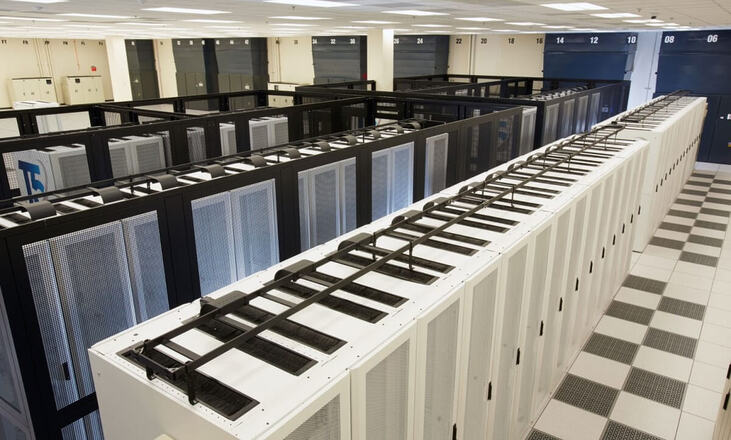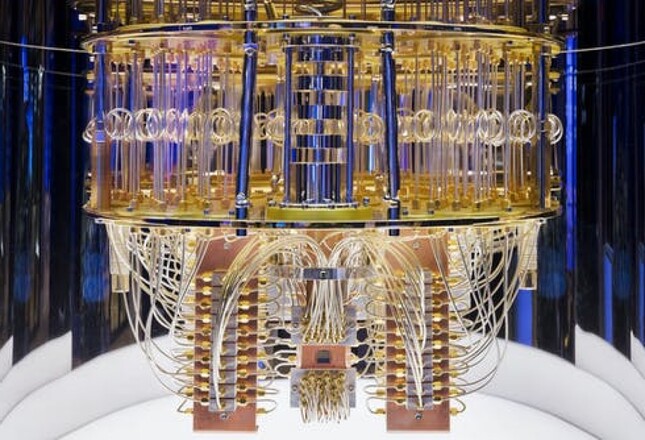The release of ChatGPT has garnered significant attention for its potential applications in work and education settings. However, one aspect that has received less focus is its potential as a conversationalist and even a friend.
Some chatbots have caused concern, such as Microsoft’s Bing chatbot that threatened and attempted to blackmail users.
The idea of autonomous systems as social companions has been depicted in pop culture for years, from Rosie the robot in The Jetsons to Samantha, the super-intelligent AI in the movie Her. Will we develop emotional attachments to new chatbots? And is this healthy?
While generative AI is still relatively new, research in the fields of belonging and human-computer interaction has yielded surprising results.
Our latest research suggests that with a significant number of Australians experiencing loneliness, AI could potentially fill gaps in our social lives, as long as it doesn’t replace human interaction.
Can we truly be friends with a robot?
Scholars have been discussing the possibility of AI replacing or supplementing human relationships since the popularization of the internet. The rise of social media further fueled interest in this area. The Nobel Prize-winning book Klara and the Sun explores the idea of humans forming meaningful relationships with lifelike machines.
As interest grew, concerns emerged about the impact of technology on belonging and loneliness. Some studies have linked excessive technology use to higher social anxiety and loneliness. However, other research suggests that the effects depend on the individual and their usage patterns.
Interestingly, research has found that some online roleplaying game players experience less loneliness online than in real life. Additionally, those who feel a sense of belonging on gaming platforms are more likely to continue using them.
This suggests that technology use can have a positive impact on loneliness and potentially replace human support, especially when designed with a specific purpose. However, it is important to note that these findings are not applicable to tools designed for human connection, such as AI “therapy” tools.
The emergence of robot companions
As researchers in technology, leadership, and psychology, we wanted to explore how ChatGPT influences feelings of loneliness and support. Does it have a positive impact on users’ well-being and sense of belonging?
To investigate this, we surveyed 387 participants about their usage of AI and their general experience of social connection and support. Our findings revealed that:
– Participants who used AI more felt more supported by AI compared to those who relied mainly on close friends for support.
– The more participants used AI, the higher their sense of social support from AI.
– Participants who felt socially supported by AI reported lower levels of support from close friends and family.
– While not universally true, human social support was the strongest predictor of lower loneliness on average.
AI friends are beneficial, but human connections are essential
Overall, our results indicate that social support can come from both humans and AI, and working with AI can indeed provide assistance to people. However, since human social support was the most significant predictor of lower loneliness, it is likely that addressing underlying feelings of loneliness requires human connection. In other words, replacing in-person friendships with robot friendships could potentially increase loneliness.
Nevertheless, participants who felt socially supported by AI experienced similar well-being effects as those supported by humans. This aligns with previous research on online gaming. While making friends with AI may not combat loneliness entirely, it can still help individuals feel connected, which is better than nothing.
The key takeaway
Our research suggests that social support from AI can be positive but does not offer all the benefits of support from other people, particularly in terms of combating loneliness.
Maintaining a relationship with an AI bot in moderation can provide functional and emotional benefits. However, it is crucial to understand that while it may make you feel supported, it is unlikely to create a strong sense of belonging that can fully alleviate loneliness.
Therefore, it is important to also prioritize real human connections, as they provide an inherent sense of belonging that even the most advanced AI cannot replicate.
Acknowledgment: The authors would like to acknowledge Bianca Pani for her contributions to the research discussed in this article.


